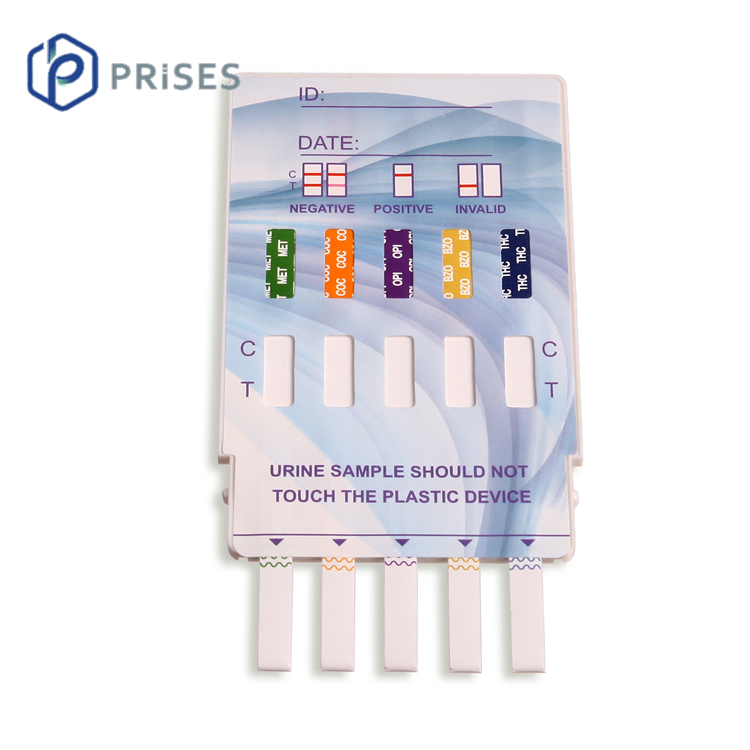Nov . 06, 2024 11:37 Back to list
Understanding the Role of HCG Tests in Early Pregnancy Detection and Monitoring
Understanding the HCG Test for Pregnancy
The HCG (human chorionic gonadotropin) test is a vital tool in the early detection of pregnancy. This hormone is produced by the placenta shortly after a fertilized egg attaches to the uterine lining. Understanding the significance of HCG tests can help individuals navigate their pregnancy journeys with more confidence and clarity.
How the HCG Test Works
There are two primary types of HCG tests blood tests and urine tests. Urine tests are commonly used in home pregnancy tests, widely available at pharmacies. These tests work by detecting the presence of HCG in urine. Typically, a positive result occurs around one week after a missed period, which indicates that the body has started producing this hormone as the pregnancy develops.
Blood tests, on the other hand, are conducted in medical settings and can detect lower levels of HCG than urine tests. They come in two forms quantitative tests, which measure the exact amount of HCG in the blood, and qualitative tests, which simply confirm whether HCG is present. It's possible to detect pregnancy as early as six to eight days post-ovulation with blood tests, making them a preferred choice for early confirmation.
Interpreting HCG Levels
HCG levels follow a distinct pattern during early pregnancy. They typically double every two to three days in the first few weeks. Healthcare providers often track these levels to ensure the pregnancy is progressing normally. A steadily increasing HCG level is generally a positive sign, whereas declining or plateauing levels may indicate complications such as a miscarriage or ectopic pregnancy.
hcg test pregnancy

After the first trimester, HCG levels begin to decline and stabilize. This reduction is entirely normal, as the placenta takes over the production of hormones necessary to support the pregnancy. Understanding these levels can alleviate anxiety and provide reassurance during the early phases of pregnancy.
Factors Affecting HCG Levels
While HCG tests are a dependable method for confirming pregnancy, several factors can influence HCG levels. These include the timing of the test, the sensitivity of the test being used, and individual differences in hormone production. For example, some women may produce HCG more slowly than others, potentially leading to false negatives if tests are taken too early.
In addition, certain medical conditions can also impact HCG levels. For example, molar pregnancies or tumors can cause elevated HCG levels without a viable pregnancy. In such cases, healthcare providers may perform follow-up tests and analyses to reach an accurate diagnosis.
Conclusion
The HCG test is a crucial component of early pregnancy detection, helping individuals confirm their pregnancies with accuracy. Understanding how HCG works, what levels to expect, and the factors that influence these results can empower women and couples during what can be an exciting yet anxious time. For those taking a pregnancy test, it’s important to follow instructions carefully and consult a healthcare provider for any concerns or further testing. With the right information and support, individuals can navigate their pregnancy experience with greater assurance and joy.
-
Reliable Early Pregnancy Test Kit Supplier - Multi Plastic Cassette Options
NewsJul.30,2025
-
Transferrin Rapid Test Cassette – Reliable Tumor Marker Detection
NewsJul.29,2025
-
Accurate Follicle Stimulating Hormone Test Kit | Rapid Reliable Results
NewsJul.29,2025
-
High Accuracy LH Ovulation Test Kit - Digital Results & Wholesale Options
NewsJul.29,2025
-
HbsAg Blood Rapid Test Kit for Fast & Accurate Hepatitis B Detection
NewsJul.28,2025
-
Sterile Urine Cup for Safe & Easy Collection | High-Quality Specimen Cups
NewsJul.28,2025

